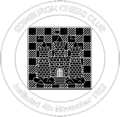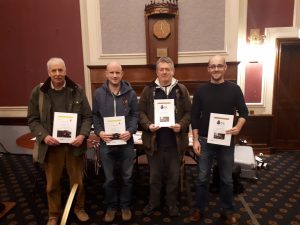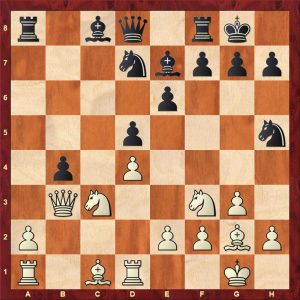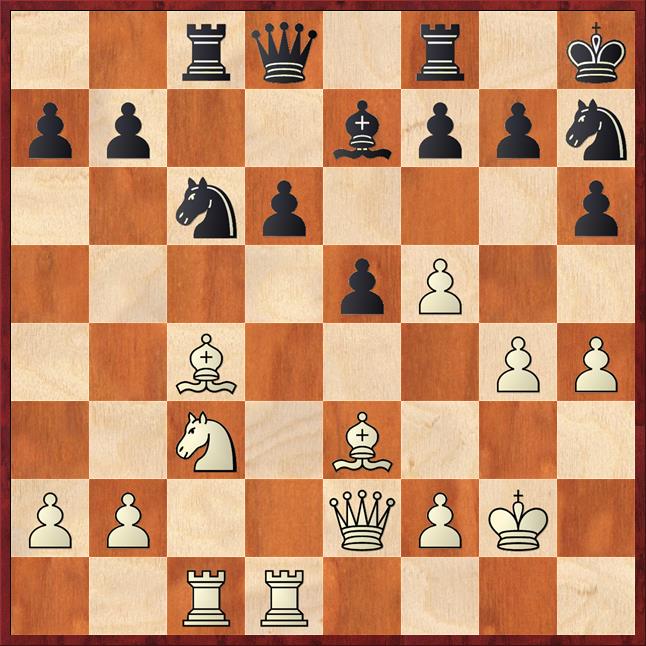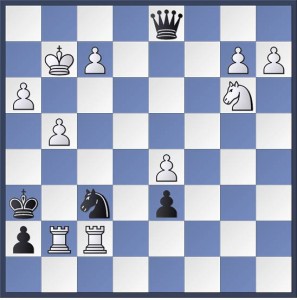Good results all round for both teams in day 3 of the SNCL in Dunfermline. The 1st Team beat Hamilton and Stepps Warriors, both with a 3-2 scoreline. The 2nd Team recorded wins against Pentland Hills (3-2) and Oban 4-1. Both Teams lie 3rd with 1 round to play.
The 2nd Team have some chance of promotion to Division 2. They need to beat Musselburgh and hope that CSBOS can win against East Kilbride.
The SNCL Organising Team, led by GLynis Grant, announced that next season will be their final one in charge. They have run the SNCL for a number of years (decades?), and the league is as strong and well supported as I can remember.
